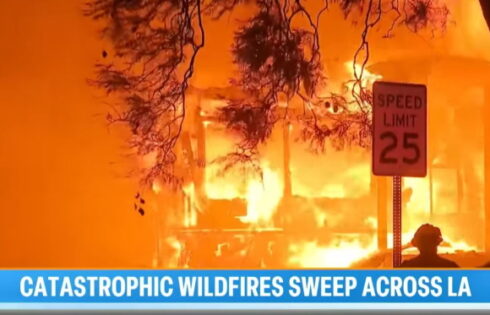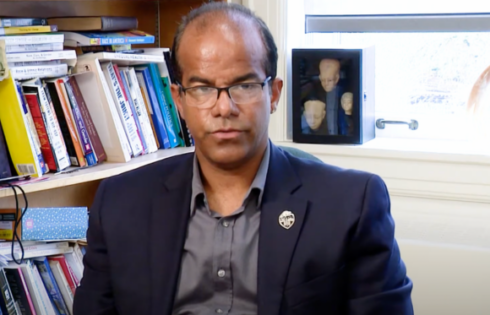The answer is, “It depends on how you look at it.”
Although voters’ responses to the question “What do you think is the most important problem facing this country today?” demonstrate “a steady, relatively low level of public interest in education,” the American Enterprise Institute points out that Gallup results consistently show education ranks “between eighth and 12th” out of 30 problems facing the country.
Two CBS News polls had education “ranked fifth and eighth” out of 20 identified issues.
What to make of these numbers? As we see things, there are a few key takeaways. First, although education is a hotly debated topic with great importance to the public, most voters tend to think of it as a state or local issue. Amidst a backdrop of terrorism and concerns about economic stagnation, education tends to take a backseat in national elections.
Second, while education’s polling profile is modest, respondents consistently place it among the top half or top third of Americans’ national concerns, so education is on the map. That said, it’s low enough on the agenda that it’s unlikely to crack a first 100 Days plan or to command a serious investment of political capital.
Third, it’s possible that respondents don’t think of issues like college cost or pre-K as educational questions so much as pocketbook ones, though the Gallup and CBS approaches would typically account for that — unless respondents just don’t think of college costs or child care as “national” problems.
Lastly, it’s worth noting why 2000 is such an outlier. That year, George W. Bush faced off with Al Gore in an election that hinged on a fierce contest for the center. Education proved a powerful issue in that kind of election, allowing Republican Bush to highlight his compassionate brand of conservatism and Democrat Gore to talk about equal opportunity rather than redistribution. In this year’s polarized and personality-driven contest, such appeals seem almost quaint.
Like The College Fix on Facebook / Follow us on Twitter




Add to the Discussion